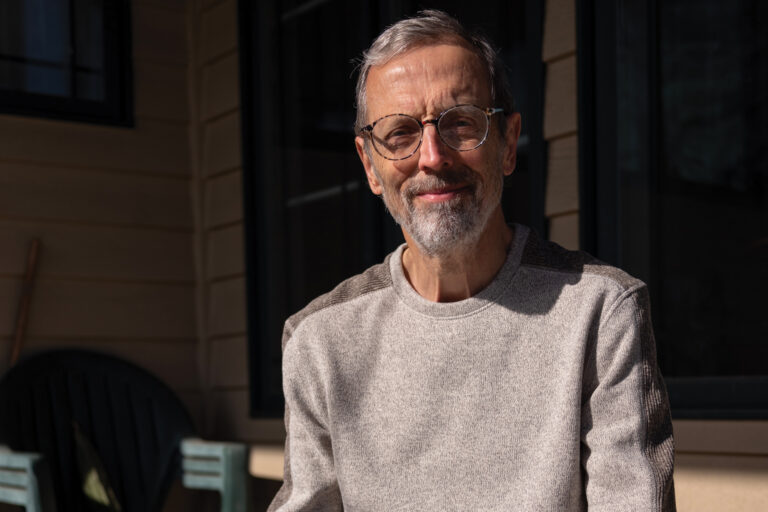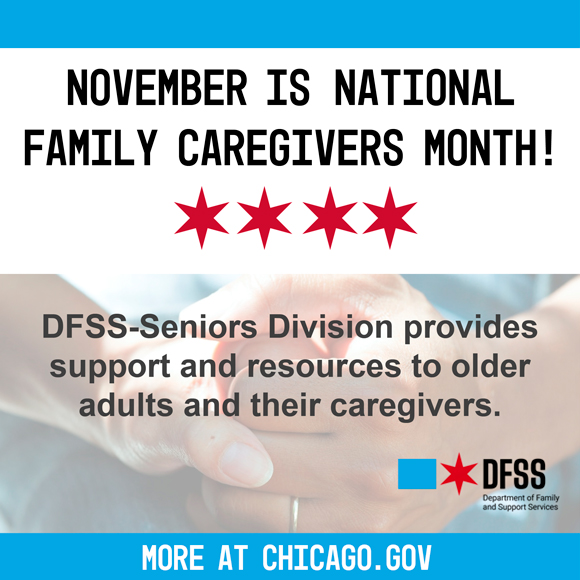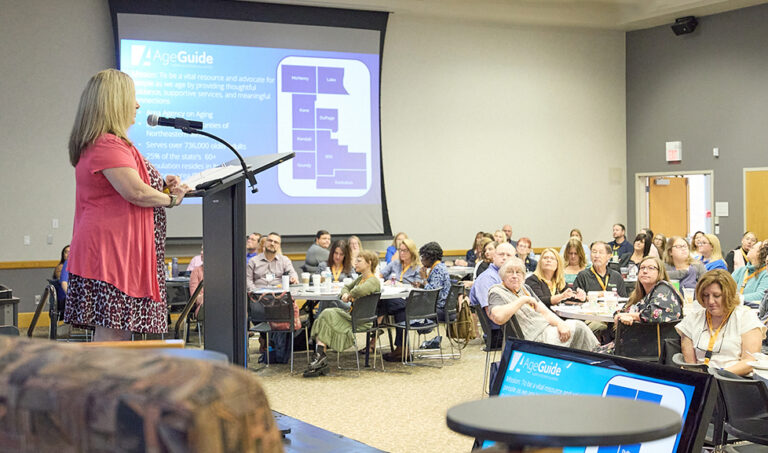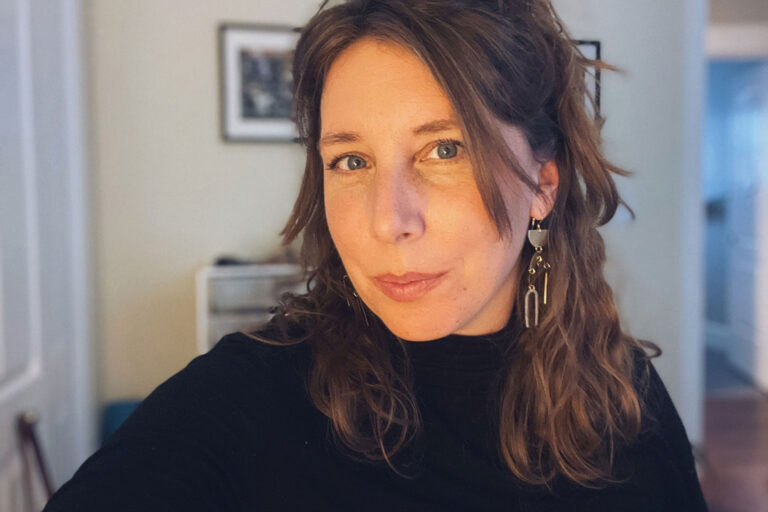Scott’s sister has dementia and lives six hours away from him — a distance that introduces unique caregiving challenges. Once, for example, Scott dialed 911 on her behalf because she was having a health emergency she couldn’t comprehend. After placing the call, Scott drove six hours to meet his sister at the hospital. He remained with her there for 10 days, as she was delusional throughout her stay.
Scott’s caregiving journey began about seven years ago, when he started noticing symptoms in his sister that he suspected were early signs of dementia. Both of their parents had had dementia, and his sister prepared advanced directives, designating Scott as her power of attorney for finances and healthcare. Over the next few years, his sister had increasing problems with memory, sleep, and emotional issues.
Utilizing Resources
While at his sister’s, Scott spent his nights researching. He wanted to know which health services were available via the healthcare system and through the local Area Agency on Aging. He attended two sessions of a free legal service to learn how to exercise his power of attorney, and he asked one of his two brothers to research long-term care facilities. Back home, he reached out to DuPage County, found local nonprofit Metropolitan Family Services, and also researched geriatric care management services in his sister’s city. To keep himself going, he wrote a note of encouragement and put it on his computer monitor: Don’t succumb to fear, uncertainty, complacency, self-doubt, or self-criticism because those are the enemies.
In the end, Scott says that Metropolitan Family Services became his main support group. They performed a TCARE assessment to identify his stress level as a caregiver and help find resources. “Having an independent social worker do an assessment for stress helped make it real. Connecting with them grounded everything because without that, I was just floating on my own. How many phone calls with different places could I get before I assembled this huge jigsaw puzzle of how to help my sister?”
“Having an independent social worker do an assessment for stress helped make it real. Connecting with them grounded everything because without that, I was just floating on my own.”
Scott says he felt “enormous relief” that he could qualify for services even though his sister lived in another state. He received a care plan, regular phone checkups, and was referred to an online support group which he feels, “made a big difference because it allowed me to put my entire experience into perspective with regard to others,” he says. “I’m not on my own anymore.”

The journey has felt like a battle against inexperience. “We [caregivers] are all dealing with same fundamental feeling that we are incompetent, that we don’t know what we are doing,” he says. “You get some affirmation, some recognition for the fact that you are going through the same things that everybody else does. It’s like it’s not all lost — my sister’s suffering and my own.” Through it all, he says he hopes his experiences help others.
What Policymakers and Society Need to Know
Scott’s experience has taught him that caregivers need reliable expert assistance that they can trust and depend on: neutral experts who can effectively guide caregivers and ground support group discussions in the realities of the legal and healthcare systems. “That’s where the government comes in. The government vets this,” Scott says.
 Scott wants policymakers and the general public to realize that when trying to help someone with dementia there’s no consumer guide to walk the caregiver through finding the appropriate resources, what the progression is going to be like, and what the possibilities are. “Without help, you are just struggling in the dark,” Scott says. He says he has met people in the support group who have had to quit their jobs, put their life on hold for years, and have diminishing health and finances. “It’s a crisis for them day in and day out,” he says.
Scott wants policymakers and the general public to realize that when trying to help someone with dementia there’s no consumer guide to walk the caregiver through finding the appropriate resources, what the progression is going to be like, and what the possibilities are. “Without help, you are just struggling in the dark,” Scott says. He says he has met people in the support group who have had to quit their jobs, put their life on hold for years, and have diminishing health and finances. “It’s a crisis for them day in and day out,” he says.













